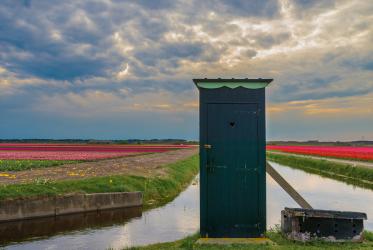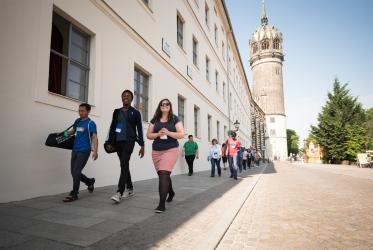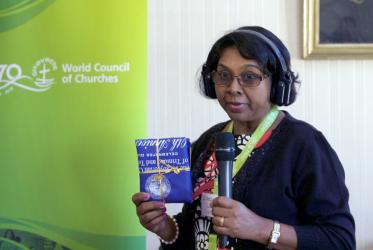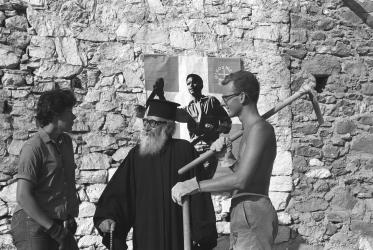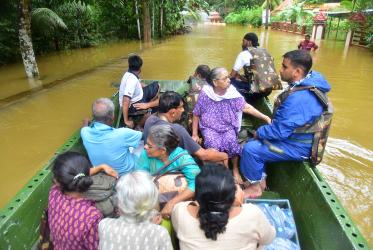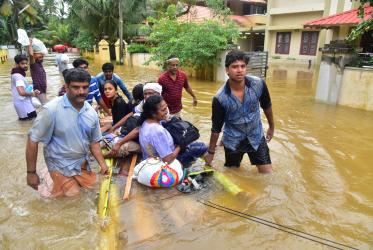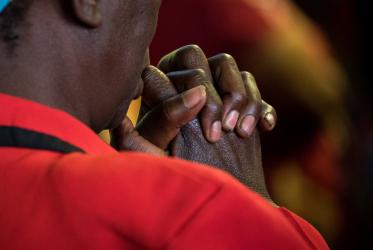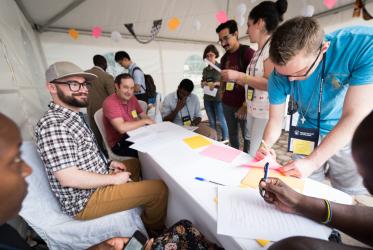Displaying 141 - 160 of 247
Fr Alexi - a peacemaker in Syria
21 December 2018
“When Nature Calls”…WCC joins in commemoration of World Toilet Day
19 November 2018
WCC general secretary sends greeting to EKD synod
13 November 2018
WCC moderator speaks at Justice Conference in Norway
09 November 2018
WCC Eco-School encourages youth to become eco-ambassadors
08 November 2018
#WCC70: Diaconal unity in a long-forgotten crisis
25 October 2018
Trinidad and Tobago church challenges plastic pollution
09 October 2018
Rev. Kenneth Mtata reflects on journey of transition in Zimbabwe
20 September 2018
#WCC70: Remembrances of an ecumenical workcamper
20 September 2018
Assisi: On the ecumenical pilgrimage into a more sustainable future
03 September 2018
WCC calls for prayer for flood-stricken Kerala, India
18 August 2018
Diakonia: “a tool to reach abundance of life”
24 July 2018
Marginalized are at centre of papal gifts exchange
22 June 2018
‘Sokoni’ transforms marketplace into mission
13 March 2018



